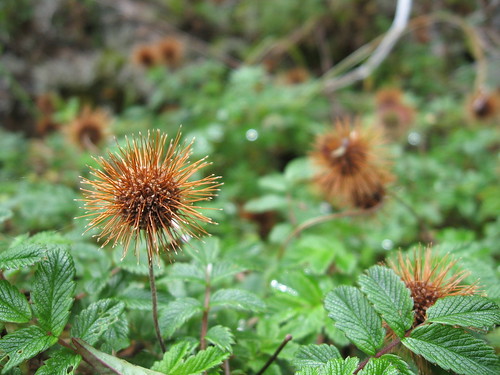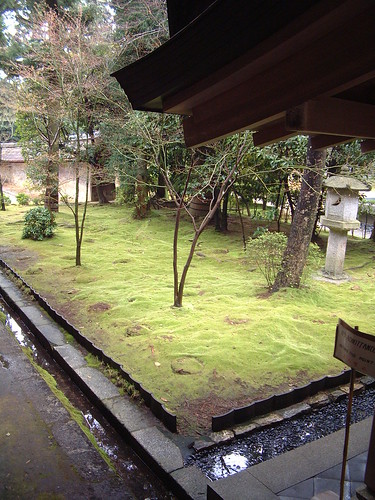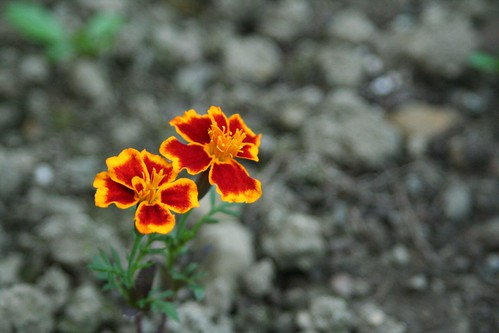 Â
Â
TheGardenLady received this question from Scott –
I want to grow some plants in my dorm this coming fall. I have a spider plant currently in a small pot. I’m looking for something unique that hopefully flowers and smells. My room will be facing due east. It will get direct sunlight when the sun is about 30 degrees from the horizon to straight up. Hopefully I’ll get a planter box for my window sill. I’m a semi-experienced gardener and feel confident about keeping things alive.
Your confidence and experience will do you well in your growing plants in your dorm room. Eastern exposure is good for many indoor plants, even some flowering plants.
Â
Continue reading “What Flowering Plant is Good to Grow in a Dorm Room?”

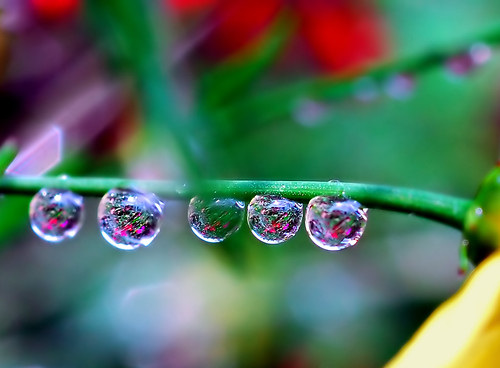 Â Â Â
   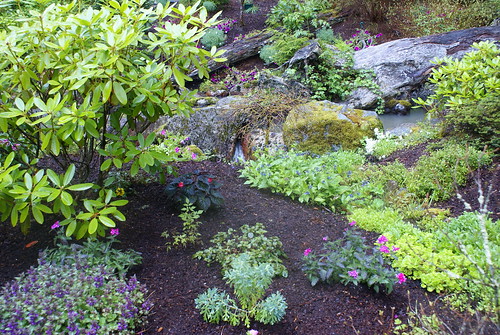
 Â Â Â Â Â Â Â Â Â Â Â Â Â Â Â Â Â Â Â Â Â Â Â Â Â Â Â
                            Â
 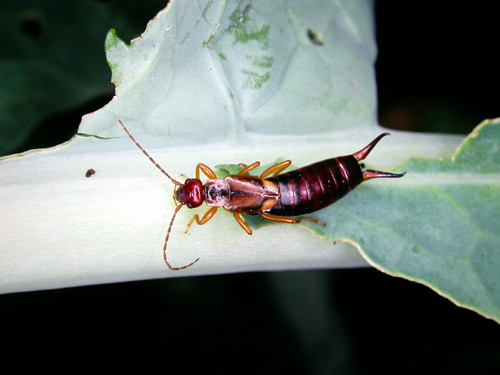 Â
 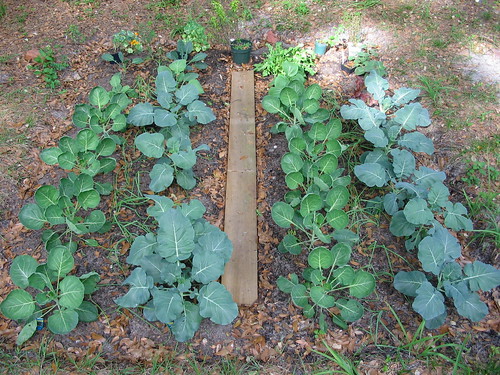                                                                           Â
                                                                           